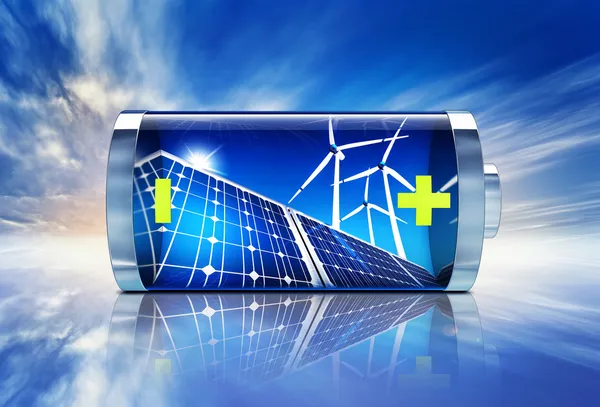When the Nigerian sun scorches down, finding ways to stay cool is paramount. Air conditioners have become our havens, combating the relentless heat and boosting our comfort. Nevertheless, at Prime Radiant Energy Solutions Limited, a leading provider of solar energy solutions, we understand the importance of making informed decisions when it comes to cooling your space. But before you plunge into the cool bliss of AC ownership, a crucial question emerges: Inverter AC or non-inverter AC?
Let’s break down the techie jargon and help you choose the perfect AC for your home.
The Technology
Non-Inverter AC: Imagine you are using a light switch to turn your fan on and off; this means you will not be able to regulate the speed of your fan. The fan will blow at full speed when you turn on the switch and stop when you turn off the switch—that’s basically how non-inverter AC works. The compressor runs at full power to reach the desired cool temperature, then abruptly shuts off before restarting once the room gets warm again. This on-off cycle is noisy, energy-consuming, and wears down the compressor faster.
Inverter AC: Now, this time around, think of a regulator that comes with the fan when you buy it. You can smoothly adjust the speed to maintain the desired speed. That’s the inverter AC magic! It constantly adjusts the compressor speed, eliminating the wasteful on-off cycle. This translates to quieter operation, lower energy bills, and a longer lifespan for your AC.
Operational Differences:
Non-Inverter AC: Get used to temperature fluctuations and a noisy symphony of compressor kicks. Non-inverters take time to cool a room, resulting in bursts of cold air followed by periods of warmth. They’re often cheaper upfront but less efficient in the long run.
Inverter AC: Say goodbye to temperature rollercoasters and hello to consistent, soothing coolness. Inverters maintain a steady temperature without the annoying noise. They cool down rooms faster and are significantly more energy-efficient, saving you money on electricity bills.
Advantages and disadvantages:
Non-Inverter AC:
- Advantages: lower initial cost; suitable for small spaces with infrequent use.
- Disadvantages: noisier, less energy-efficient, shorter lifespan, inconsistent temperature, longer cooling times.
Inverter AC:
- Advantages: quieter, more energy-efficient, longer lifespan, consistent temperature, faster cooling.
- Disadvantages: The higher initial cost may not be as affordable for all budgets.
Which is better for solar energy?
If you are considering a solar-powered home, rejoice! Inverter ACs are undoubtedly the champions when paired with solar energy. Their lower energy consumption makes them ideal for harnessing the sun’s power, maximizing your savings, and minimizing your environmental impact. At Prime Radiant Energy Solutions Limited, we take pride in installing solar panels optimized for inverter ACs, ensuring a seamlessly cool and sustainable home.
Choosing the Right One:
Your perfect AC depends on your needs and budget. Consider:
- Frequency of use: If you use your AC often, an inverter’s long-term savings outweigh the higher initial cost.
- Noise sensitivity: Inverter ACs are significantly quieter and ideal for bedrooms or quiet areas.
- Energy efficiency: Inverter ACs save you money on electricity bills in the long run.
- Budget: Weigh the initial cost against long-term savings and choose the option that fits your budget.
Prime Radiant Energy Solutions Limited:
Prime Radiant Energy Solutions Limited is your one-stop shop for all things cool and sustainable. We offer a wide range of inverter ACs, backed by expert installation and maintenance services. Contact us Here. Let us turn your home into a haven of comfort powered by the sun!
Follow us on LinkedIn here and Facebook here





